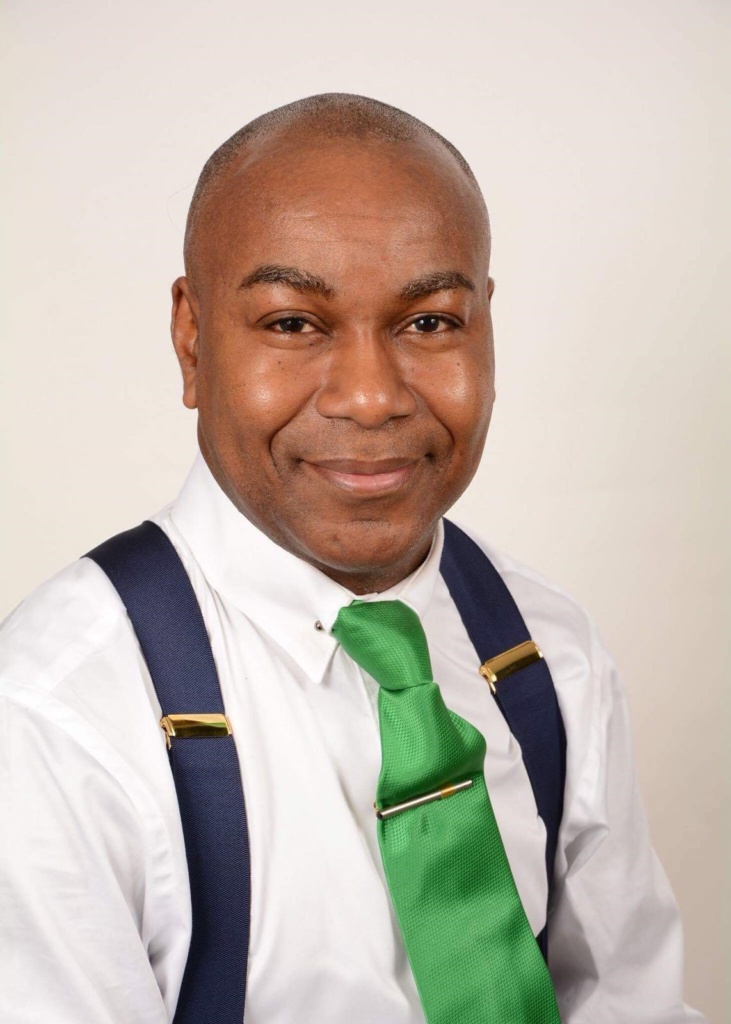
EMPOWERING AND MENTORING: Dr Dayo Olomu
As a highly accomplished individual with a diverse range of expertise, Dr Dayo Olomu’s passion lies in mentoring professionals and empowering youths. He is also passionate about promoting diversity on boards by encouraging more black individuals to become board members.
1. Why did you relocate to the UK?
I relocated to the UK to pursue higher education and expand my professional opportunities. The UK has a renowned educational system and offers a diverse range of career prospects. Additionally, I wanted to conquer poverty, which was my greatest fear when I was growing up, so I made the decision to relocate to London in January 1996. Finally the death of my immediately elder brother, Wale Olomu was also a contributing factor.
2. How long did it take you to settle in the UK and what were the challenges? What was your first job in the UK and what is your current vocation?
It took me some time to settle in the UK, as adjusting to a new environment and culture can be a challenge. But the main challenge, I discovered that someone has stolen by identity and it took my about three years to retrieve it back. My first job in the UK was as a postman. Since then, I have transitioned into my current vocation as an Learning & Organisational Development Consultant, Non Executive Director, Executive Coach, and Author.
3. For how long have you been living in the UK?
I have been living in the UK for the past 28 years.
4. What made you decide not to return to Nigeria?
The decision not to return to my country of origin was influenced by the opportunities and experiences that the UK offered. The professional growth, access to resources, and multicultural environment were compelling factors in my decision to stay and build a life in the UK. But in the last 15 years, I have been going to Nigeria regularly to deliver corporate training and speak at conferences.
5. What is the one thing you missed about home?
One thing I miss about home is the vibrant cultural traditions and the warmth of family and friends. Despite the many positive aspects of living in the UK, the sense of community and familiarity that I had in my home country is something I always hold dear.
6. What are the changes you would want to see in Nigeria?
I would like to see improvements in security, infrastructure, education, and healthcare systems in my country of origin. These changes would contribute to the overall development and well-being of the population. Additionally, promoting entrepreneurship and creating a conducive environment for economic growth would be great for the country’s prosperity.
7. What has been your proudest contribution to British society?
One of my proudest contributions to British society has been my role as a mentor for the past 25 years. I have dedicated my time and expertise to support individuals in their personal and professional development. Additionally, I have actively participated in community initiatives aimed at promoting diversity and inclusion, which I believe is crucial for a thriving and harmonious society.
8. Are you optimistic about the political situation in your country of origin?
While there are challenges, I remain optimistic about the political situation in my country of origin. I believe that with collective efforts and effective governance, positive change can be achieved. It is important for the government and citizens to work together towards building a stable and prosperous nation.
9. If you have to change anything in Nigeria, what would that be?
If given the opportunity, I would focus on improving access to quality education for all. Education is a powerful tool for development and empowerment. By investing in education and ensuring equal opportunities, we can unlock the potential of the younger generation and pave the way for a brighter future for the country.
10. What do you most admire about Nigeria? And what do you dislike the most?
I admire the resilience, creativity, and rich cultural heritage of my country of origin. The people’s ability to overcome challenges and their vibrant expressions of art, music, and traditions are truly inspiring. However, I dislike the persistent challenges in areas such as corruption, security and inadequate infrastructure. These issues hinder progress and limit the opportunities available to the population.
11. What is your opinion on the mass migration out of Africa (Japa Syndrome) and what do you think will improve the economy of your country of origin?
Mass migration out of Africa can be attributed to a combination of factors, including economic opportunities and political instability. It is important to address the root causes of migration by focusing on improving the economy of my country of origin. This can be achieved through strategic investments in sectors such as agriculture, technology, and entrepreneurship. Creating an enabling environment that encourages innovation, job creation, and economic growth will help curb the mass migration trend and provide better prospects for individuals in their home countries.
12. How can those in the diaspora help to improve the image of your country of origin?
Those in the diaspora can contribute to improving the image of my country of origin by actively promoting its cultural heritage, engaging in philanthropic initiatives, and fostering collaborations between their host countries and their country of origin. By showcasing the positive aspects of their home country and highlighting its potential, they can change perceptions and attract investment. Additionally, sharing success stories and showcasing the achievements of individuals from their country of origin can inspire and uplift others, creating a positive image internationally.
Kindly follow us on twitter:@AfricanVoice2








